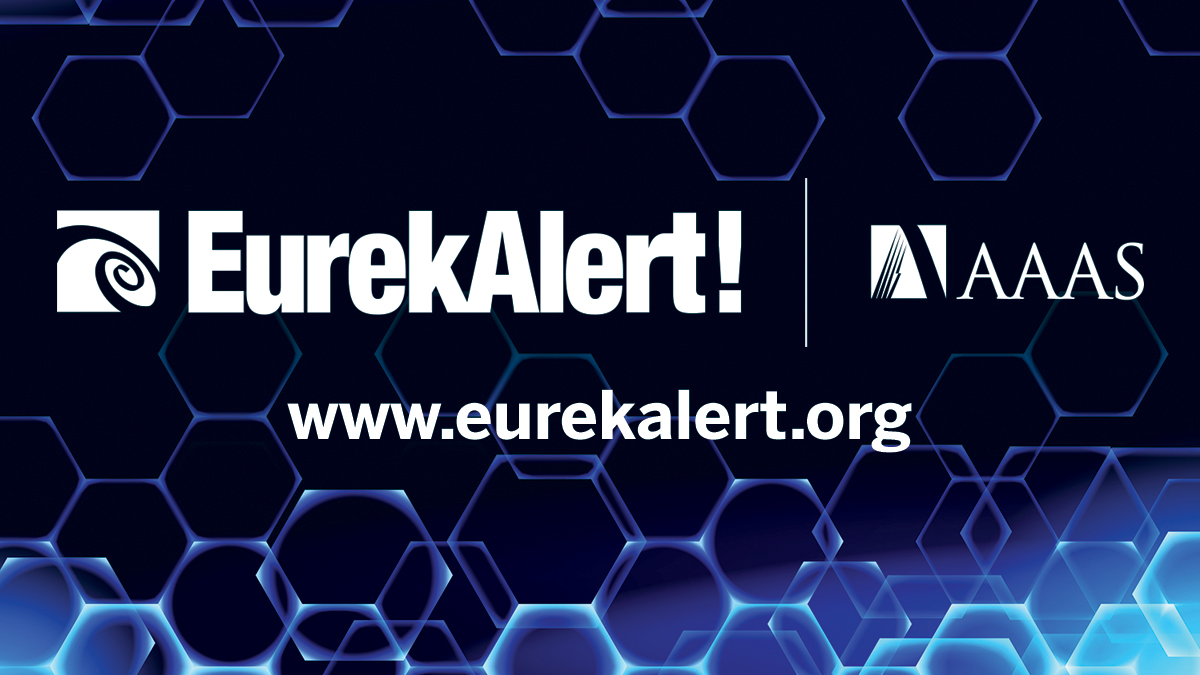
In an article appearing in Nature Biomedical Engineering, a team of scientists from the UCLA David Geffen School of Medicine and UCLA School of Engineering report real-world results on SwabSeq, a high-throughput testing platform that uses sequencing to test thousands of samples at a time to detect COVID-19. They were able to perform more than 80,000 tests in less than two months, with the test showing extremely high sensitivity and specificity.
SwabSeq uses sample-specific molecular barcodes to simultaneously analyze thousands of samples for the presence or absence of SARS-CoV-2, the virus that causes COVID-19. SwabSeq was granted FDA Emergency Use Authorization in October and is currently deployed at UCLA in a high-complexity CLIA laboratory, which has performed over 150,000 tests since December 2020. SwabSeq is a flexible protocol and can rapidly scale up testing for novel pathogens, including COVID-19 and future emerging viruses.
“We have optimized SwabSeq to prioritize scale and low cost, key factors that are missing from current COVID-19 diagnostics,” the authors write.
“These results demonstrate the potential of SwabSeq to be used for SARS-CoV-2 testing on an unprecedented scale,” said Dr. Valerie Arboleda, Assistant Professor and lead scientist on the project. “SwabSeq offers a potential solution to the need for population-wide testing to stem the pandemic.” In the months since, the team has continued to use the test, and as of this date has performed more than 150,000 tests.
The groundbreaking technology was developed in a collaboration between scientists at the Department of Computational Medicine affiliated with both the David Geffen School of Medicine and the Samueli School of Engineering at UCLA, the Department of Human Genetics, the Department of Pathology and Laboratory Medicine, and Octant, a start-up company founded and incubated at UCLA. SwabSeq is a modification of Octant’s technology that is being applied toward drug discovery and has been made available broadly to fight the pandemic. UCLA scientists have been leading a broader coalition of academic and industrial labs around the country and the world to develop the technology to scale up COVID-19 testing.
###
Article: Bloom, J.S., Sathe, L., Munugala, C. et al. Massively scaled-up testing for SARS-CoV-2 RNA via next-generation sequencing of pooled and barcoded nasal and saliva samples. Nat Biomed Eng (2021). https:/
Disclaimer: AAAS and EurekAlert! are not responsible for the accuracy of news releases posted to EurekAlert! by contributing institutions or for the use of any information through the EurekAlert system.
